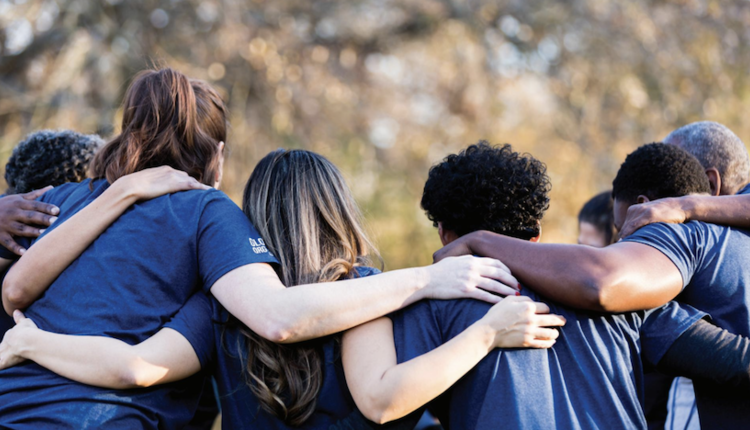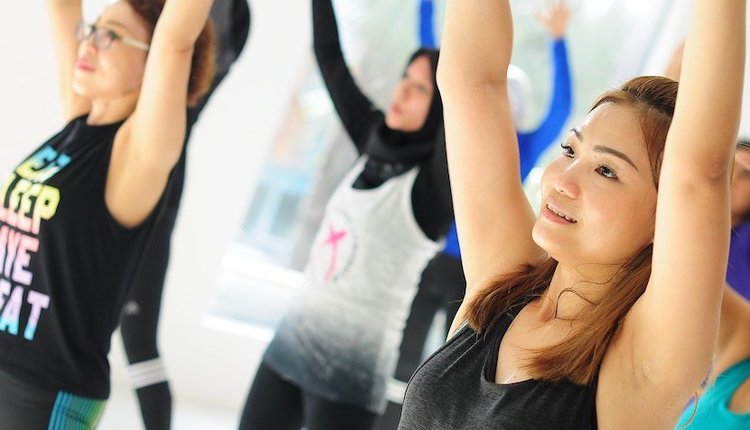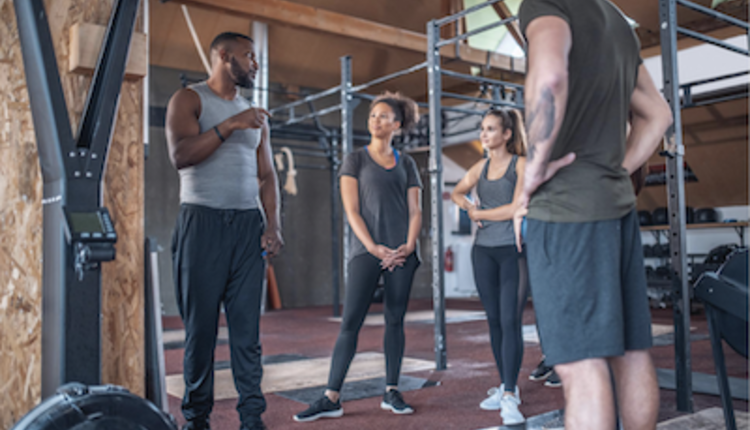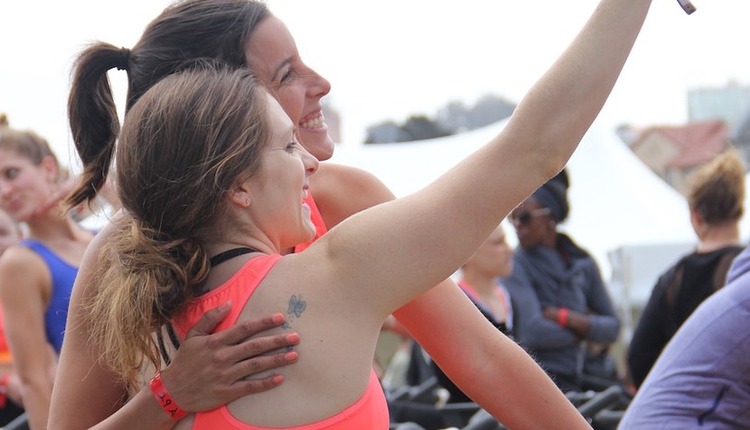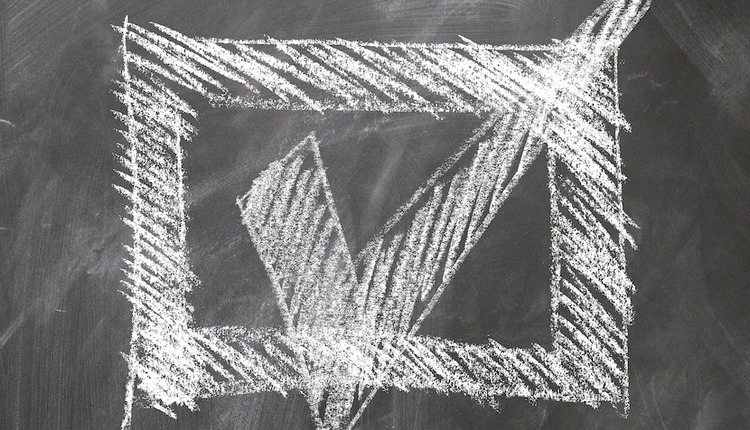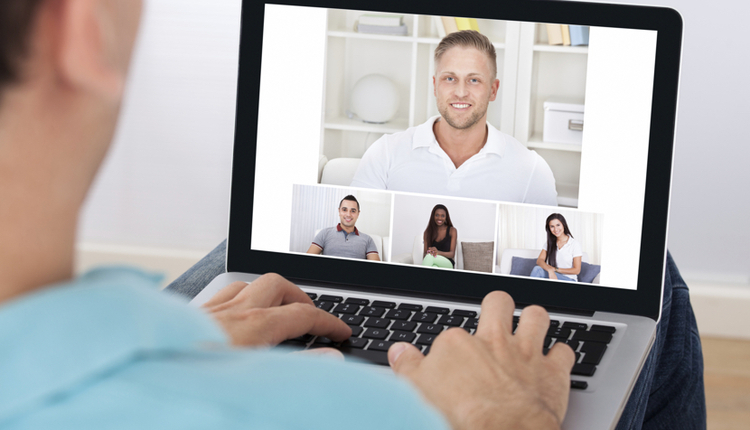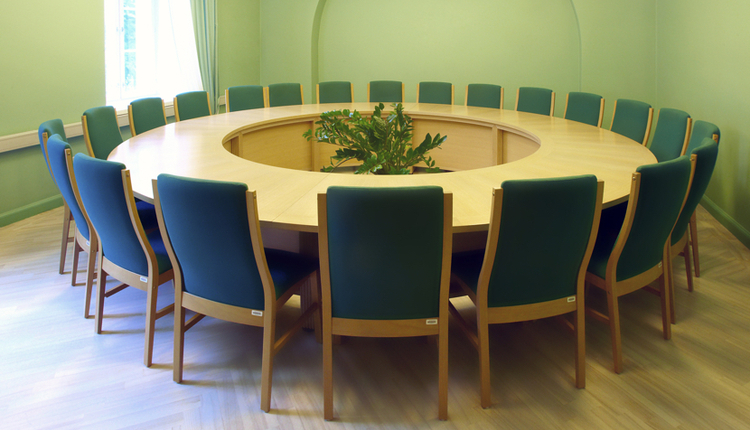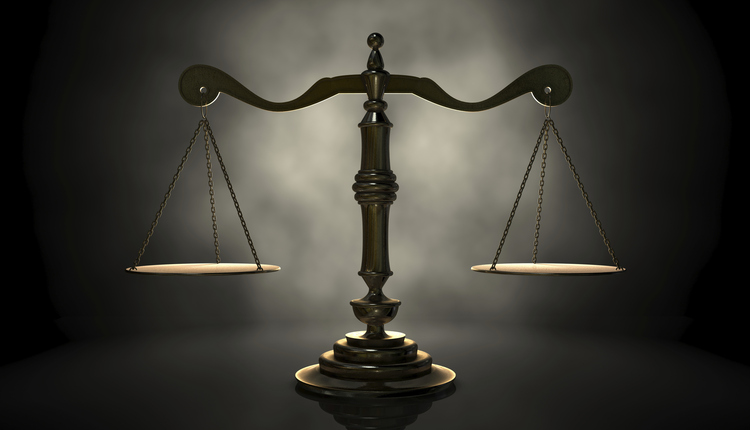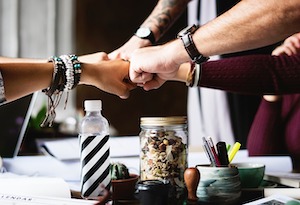
In my opinion, acts of racism seek to damage or destroy another person’s feelings of self-worth. The result is to dehumanize a fellow human being. Clearly, racism is not a political issue; it is a human rights issue.
Systemic racism is an elephant in the room. A juggernaut of inequitable policies and processes are set up in our country’s financial institutions, health care system and criminal justice system as well as in opportunities for employment and housing. The result is to disenfranchise and disproportionately affect every aspect of the lives of predominantly minority communities. I ask the reader who has never experienced racism to understand that feeling uncomfortable with discussing racism is part of the process of acknowledging it.
In June of 2020, I decided to host an open forum about racism and the fitness professional, focusing on how to be part of the solution using our own sphere of influence. In the discussion, seven health and fitness professionals from different backgrounds came together to share their experiences.
In my outreach campaign to invite fitness professionals from diverse backgrounds and experience levels, I began to see a pattern of less than positive responses and perspectives. Unfortunately, I also received more silence than expected. I will share some of my interactions and important take-aways from my conversations that reflect the pervasive nature of racism in the fitness industry.
The first reply to my request for participation in the forum provided me with a lesson about personal views that do not actually reflect the business’ public profile. This is from a well-known fitness leader, podcast host and business coach:
“Hey Julio, I appreciate you sharing this and trying to influence others in a positive way with your unique experience. I personally do not agree systemic racism exists, and I hope you can respect my beliefs as I respect yours. Hope all is well my friend.”
It did hurt when I read his reply; however, it did not deter me from wanting to connect with other industry leaders on this topic.
Another reply is from a veteran high-performance sports and conditioning coach for professional and collegiate teams.
“Julio, if you think it’s bad in health and fitness, I invite you take a walk down the dark halls of S&C. I’ve had almost 200 unfollows since my tweet this morning.”
The next response is from a very well-known coach of high-performance athletes who runs variety of programs for the fitness professional.
“It is really hard. The environment is really bad right now. I’d appreciate any advice on how to handle it.”
Obviously, the attitudes and emotional responses cited here vary, but these comments point to the need to address racism in our industry. One of the most powerful tools we have is to initiate conversation, and work towards organizational changes to address racism together.
During my conversations, here are comments I heard repeatedly:
- “I don’t know how I can help.”
- “I do not want to offend anyone so I stay quiet.”
- I’ve never experienced racism, but I want to help.”
I believe the power to create change starts within you, and it takes time. Take steps to align yourself with those who also want to be part of the solution. Share your questions with your support network; it may encourage others to participate in the discussion.
Most professional organizations now have a DEI (Diversity, Equity and Inclusion) group and joining one is a great way to get involved.
I believe our contributions go beyond what we do in the gym. Personal trainers are viewed as coaches, and leaders. For those of us with robust social media platforms, we have a responsibility to lift up the voices of those who do not.
I invite you to join me in working toward long-lasting change. Our collective efforts will make a positive impact on our communities.
Julio Salado is an award-winning personal trainer and the founder of Fitnessfoundry.net, a leading online resource for health and wellness. For over 15 years, he has guided countless individuals from all levels of fitness to achieve their body sculpting and personal training goals. His unique blend of Western exercise science and holistic arts has been featured on numerous TV shows, in print and online. He is also a licensed EMT, continuing education provider and consultant for team development and personal training business.





